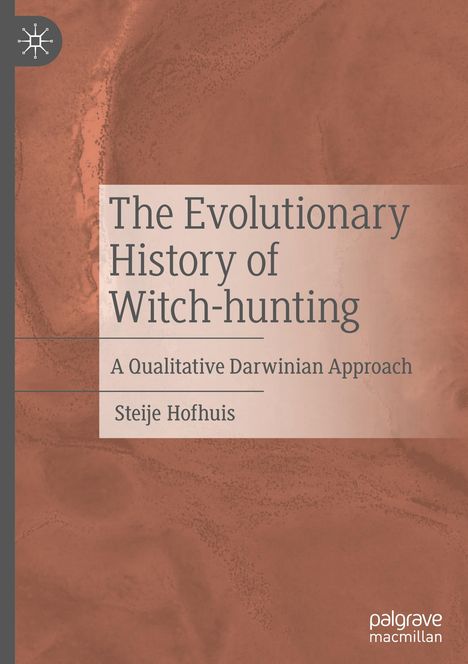Steije Hofhuis: The Evolutionary History of Witch-hunting, Gebunden
The Evolutionary History of Witch-hunting
- A Qualitative Darwinian Approach
(soweit verfügbar beim Lieferanten)
- Verlag:
- Springer Nature Switzerland, 12/2024
- Einband:
- Gebunden
- Sprache:
- Englisch
- ISBN-13:
- 9783031669354
- Artikelnummer:
- 12130852
- Umfang:
- 392 Seiten
- Gewicht:
- 616 g
- Maße:
- 216 x 153 mm
- Stärke:
- 26 mm
- Erscheinungstermin:
- 7.12.2024
- Hinweis
-
Achtung: Artikel ist nicht in deutscher Sprache!
Klappentext
Why did early modern Europeans hunt for witches? Were these persecutions a shrewd tool to oppress women or the poor, or were they just a way of making money? Or were witch-hunters primarily driven by a genuine belief in witchcraft? The witches' sabbath, the diabolical pact, and the nightly flight were elements in the early modern concept of witchcraft that seem to have been intelligently designed to trigger persistent witch persecutions. But in contrast to what many past historical scholars presumed, witch-hunts were not based on intelligent design. So how to explain them? This book proposes a new model: Darwinian cultural evolution. It contends that witch-hunting's apparent design emerged from a hidden evolutionary process in which cultural variants which accidentally unleashed larger persecutions were cumulatively preserved. Witch-hunting did not so much evolve to serve human interests but to ensure its own 'selfish' reproduction. Historians have often compared witch persecutions to the outbreaks of contagious disease, but only as a figure of speech. But shouldn't we take the similarities more seriously? This book argues that witch-hunting was a cultural 'virus' that spread at the expense of its human hosts, and thus bridges the gap between qualitative history and the burgeoning field of Darwinian cultural evolution.
Steije Hofhuisis a historian and works as a postdoctoral researcher at the Berlin Social Science Center, Germany



